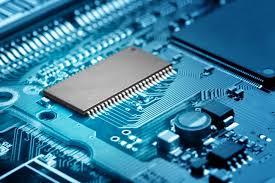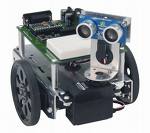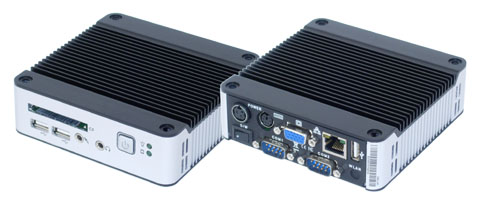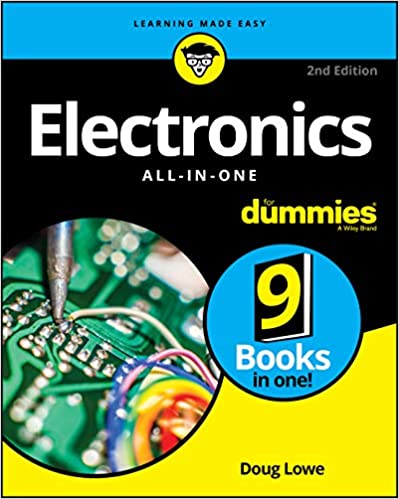    |
||
|
Ticket #96245 |
||
|
INSTRUCTOR: Ronald P. Kessler, Ph.D., MCSE  Electronics All-In-One Desk Reference. Get This!!!
The following are free downloads:
What’s A
Microcontroller? Version 3 By Andy
Lindsay
Supplemental readings/homework will be assigned weekly. |
||
|
Advanced Robotics & Embedded Programming introduces students to the world of microprocessors for devices such as those used in robotics, telephones, tablet PC’s, the automotive industry, & home automation. You will learn how to build a circuit, create software to control it with a microcontroller, and make your robot respond. We are going to learn a lot of cool stuff!! Evaluation Your final grade in my class will be based on the total number of points you earn. I plan to give you 5 programming/design projects. You will also complete three robotic challenges which will also count towards your grade. I plan to give you some short quizzes, homework assignments, a midterm exam, and a Final Exam. Grading will be based upon the following criteria: 90%= A The total possible points in the course will be approximately as follows: Tests 160 (2 exams @ 80) Challenges 90 (3 @ 30) Quizzes 150 (Approx. 5 @ 30) Homework 100 TOTAL 500
Class
Format I will be available before class to help you or give you extra time to work.
Class Drops
Accommodations for Disabilities MAKE-UP EXAMS It is possible to take a make-up exam or quiz during the semester (EXCLUDING THE FINAL) if the exam is missed due to illness or other emergency. Please contact me right away if you cannot attend class when we are having an exam so I can help you with the best solution for your situation.
Student Code of Conduct
You are encouraged to work with other students in the class, but all work that you turn in for grading must be your own. Taking credit for another students work is plagiarism and is a violation of SCC academic policy. You will be reported for academic dishonesty. Don't let this happen to you! Remember, all work that you turn in for grading must be your original work. Specific Student Learning Outcomes Upon successful completion of this course students should be able to:
The Rancho Santiago Community College District is happy to provide reasonable accommodations for students with disabilities. It is your responsibility to inform me if you have such needs.
|
||
| The number of projects and the points possible for exams, projects and activities are subject to change without notice. This information is intended to be an accurate overview of this course so you will know what to expect during the semester. But sometimes, we will need to modify this plan. | ||